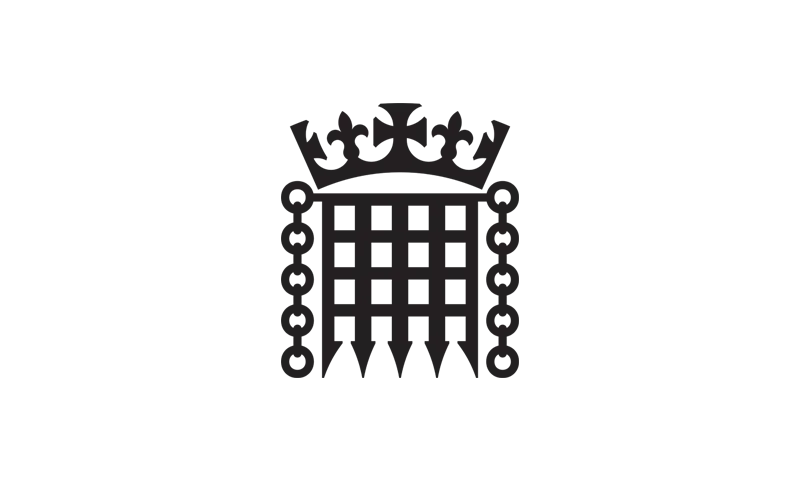APPG News
Abu Zubaydah case: reported compensation payment highlights the need for ISC oversight
Abu Zubaydah case: reported compensation payment highlights the need for ISC oversight
Reports that the British government has paid substantial compensation to the Guatánamo Bay detainee Abu Zubaydah highlight continuing questions as to the oversight of the intelligence agencies, according to the All-Party Parliamentary Group (APPG) on Extraordinary Rendition.
Dr Sam Rushworth MP and Lord Andrew Tyrie, Joint Chairs of the APPG on Extraordinary Rendition, said: ‘This is not the first time that our government has paid compensation to individuals who were subject to cruel, inhuman and degradin…
APPG meeting on 25 November 2025
The APPG held a meeting in Residence 1, House of Lords, to receive the financial report for the year since the Group was constituted and to agree next steps on its major initiatives. Minutes of the meeting can be downloaded below.
Download the PDF
APPG Extraordinary General Meeting - 28 March 2024
The APPG held an EGM by correspondence on 28th March 2024 whereby Sir Peter Bottomley MP was nominated as an Officer of the Group.
APPG Extraordinary General Meeting – 30 January 2024
The All-Party Parliamentary Group on Extraordinary Rendition will hold an Extraordinary General Meeting on Tuesday 30th January 2024.
APPG Annual General Meeting – 18 April 2023
The All-Party Parliamentary Group on Extraordinary Rendition will hold its Annual General Meeting on Tuesday 18th April, 4pm in Room T, Portcullis House.




